Your Child Will Learn
The scientific process: making a hypothesis, experimenting, and determining results
Here’s What to Do
- Gather objects from around the house. If possible, find a mix of things that you know will sink (coins, marbles, rocks), float (feather, bath toy, ball), and some that may be surprising (ball of cotton, pipe cleaner, an orange, tin foil).
- Fill up the bathtub or a bowl of water.
- Before placing an item in the water, ask your child whether they think it will sink or float. Have them place it in the water and observe what happens. Was their hypothesis correct?
- Repeat with different objects.
Put PEER Into Action
PAUSE
- Gather your objects and water all together, and then breathe in and out together slowly.
ENGAGE
- Ask questions like: “What is your hypothesis? What do you think will happen? Will the ball sink or float?”
- “Was your guess correct? Why do you think the cotton ball sank?”
ENCOURAGE
- “It’s great that your guess was wrong! That’s why scientists do experiments- to figure out the right answers. Now you know!”
- Remember that your child is learning how to conduct a scientific experiment in this activity. Whether or not their guesses were correct doesn’t matter!
REFLECT
- Ask your child what results surprised them- was there anything they thought would sink that actually floated? Or anything they thought would float but actually sunk?
Not Quite Ready
Make predictions yourself first, then ask your child what they think will happen.
Ready for More
Ask your child to make a chart to present their results- they can draw pictures of the objects in a simple sink/float chart.
As Your Child Masters This Skill
They will understand how to make a prediction and test out their ideas using an experiment. They may also develop a basic understanding of why some things float and others sink.
Time to Complete
15 minutes
Materials Needed
A bowl of water or bathtub filled with water, plus objects to test sinking/floating. If possible, find a mix of things that you know will sink (coins, marbles, rocks), float (feather, bath toy, ball), and some that may be surprising (ball of cotton, pipe cleaner, an orange, tin foil).
